Obscure words are par for the course at the Scripps National Spelling Bee—and this year’s national competition, taking place this week just outside Washington, D.C., is no different. Nearly 300 students aged 6 to 15 will somehow manage not to freeze on stage while being asked to spell words that the average American doesn’t even know exist.
But as a map released on Tuesday by Google in honor of the spelling bee reveals, a word doesn’t need to veer into spelling bee territory to be tough for most of us. Google analyzed the top “how to spell” searches by state so far in 2017, and it seems we could use some brushing up on the basics.
How basic are we talking? As you can see from the map below, the words we don’t know how to spell run the gamut, from genuine stumpers like pneumonia to words that seem easy, like banana.
There are a few shockers. Folks in Wisconsin don’t know how to spell the name of their state. (Seriously.) People in California—the state that advertises its gorgeous scenery to tourists and has had the attractiveness of its population immortalized by everyone from the Beach Boys to Snoop Dogg—don’t know how to spell the word “beautiful.” However, folks in New York shouldn’t claim superiority over their left coast brethren, because they don’t know how to spell “beautiful” either—and neither do residents of Kentucky, Minnesota, or Ohio.
Another big surprise: Connecticut and West Virginia both searched for "supercalifragilisticexpialidocious" the most.
Education experts remain divided over whether assigning students a weekly list of words to learn and be tested on is the most effective way to teach spelling. Some even argue that spelling tests are obsolete because of autocorrect. Meanwhile, through a national broadcast on ESPN this Thursday, the students gathered for the Scripps National Spelling Bee will be able to show the nation their prowess—and the winner will walk away with $40,000.





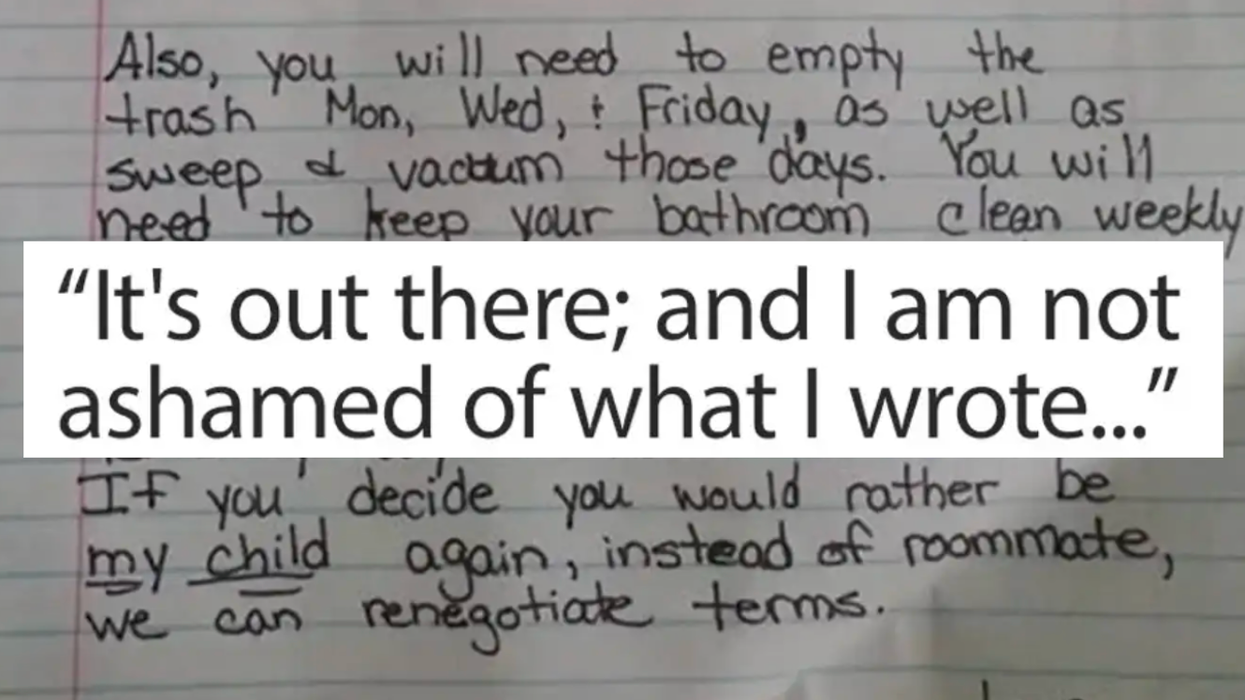
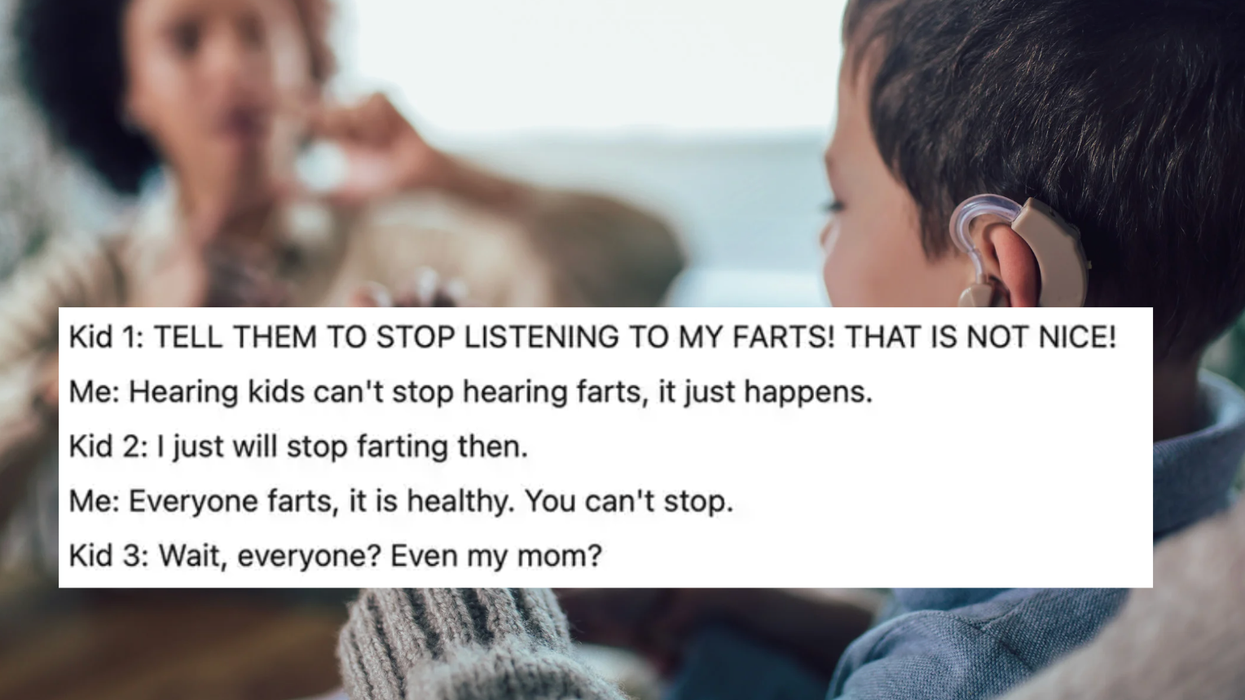

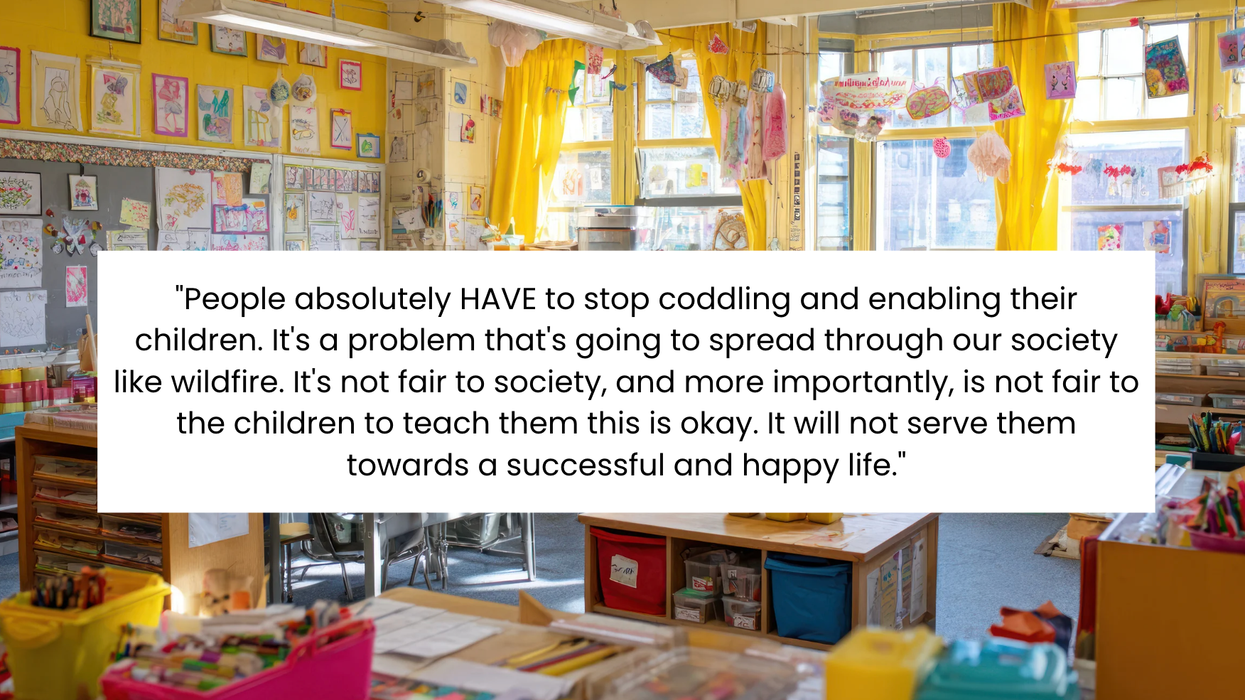







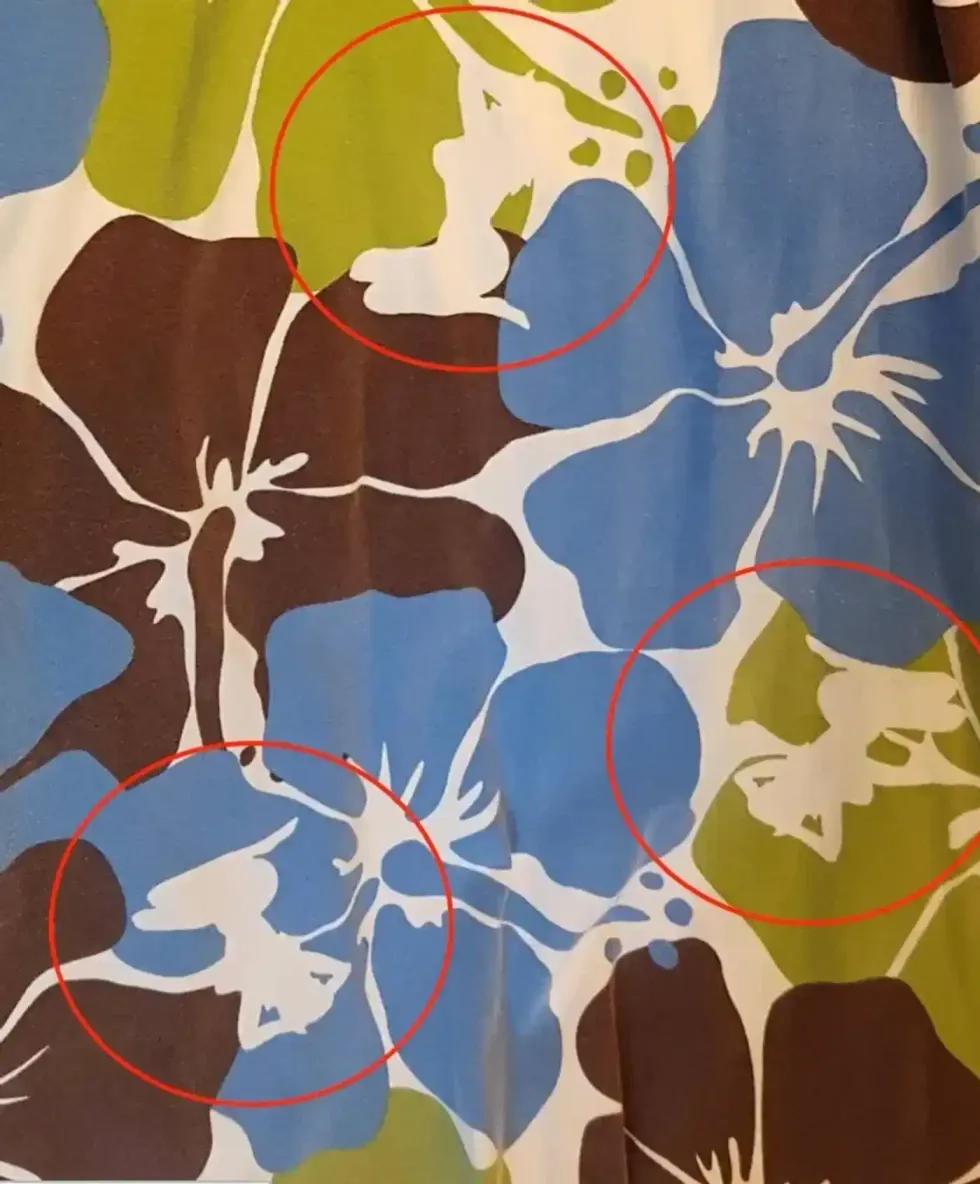 Image of the floral dress with the risque images circled
Image of the floral dress with the risque images circled 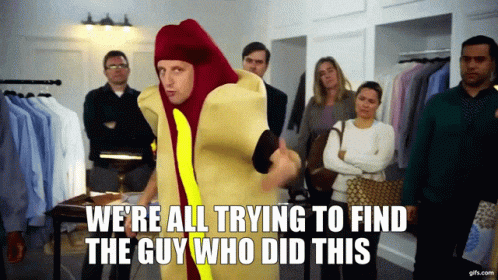 Gif of Tim Robinson via
Gif of Tim Robinson via 
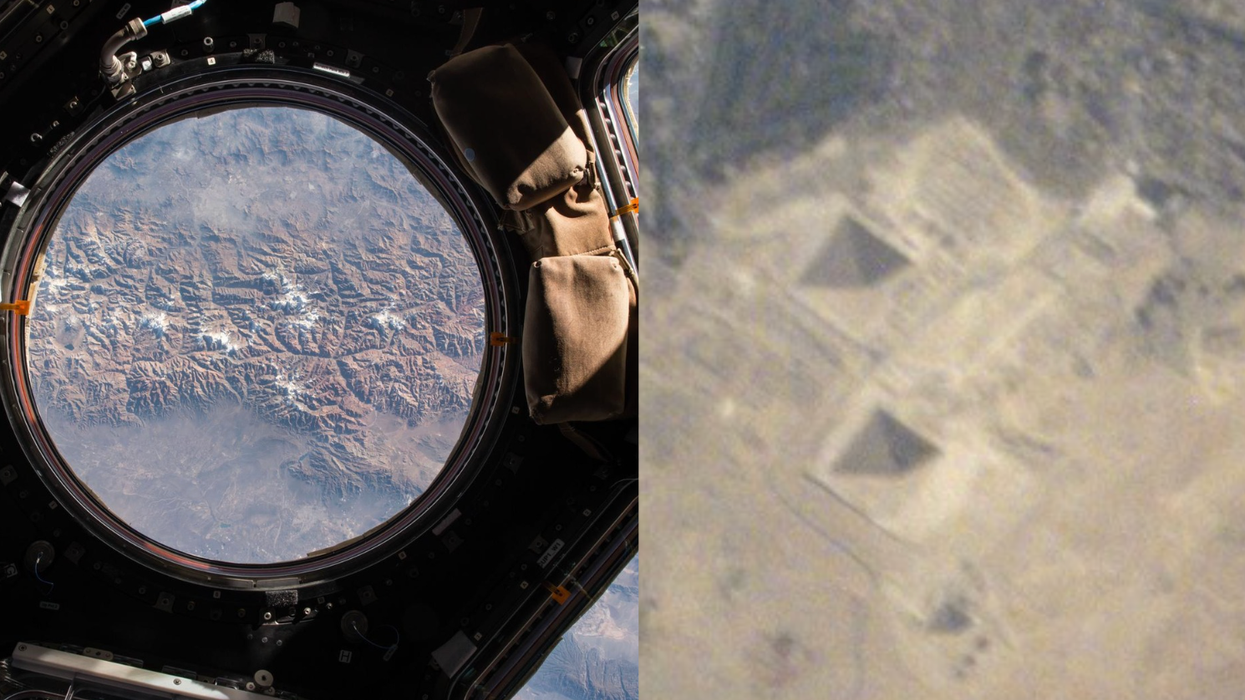

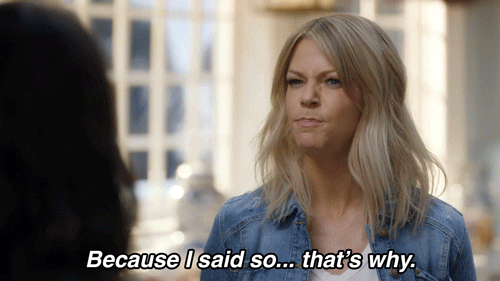 Gif of Kaitlin Olson saying "Because I said so ... that's why" via
Gif of Kaitlin Olson saying "Because I said so ... that's why" via 

 A hand holds several lottery ticketsCanva
A hand holds several lottery ticketsCanva "Simpsons" gif of newscaster winning the lotto via
"Simpsons" gif of newscaster winning the lotto via 

 Kids on their computers.Photo credit:
Kids on their computers.Photo credit:  Young girl holds a drone.Photo credit
Young girl holds a drone.Photo credit  Playing with bubbles.Photo credit:
Playing with bubbles.Photo credit:  Friends on the computer.Photo credit:
Friends on the computer.Photo credit: